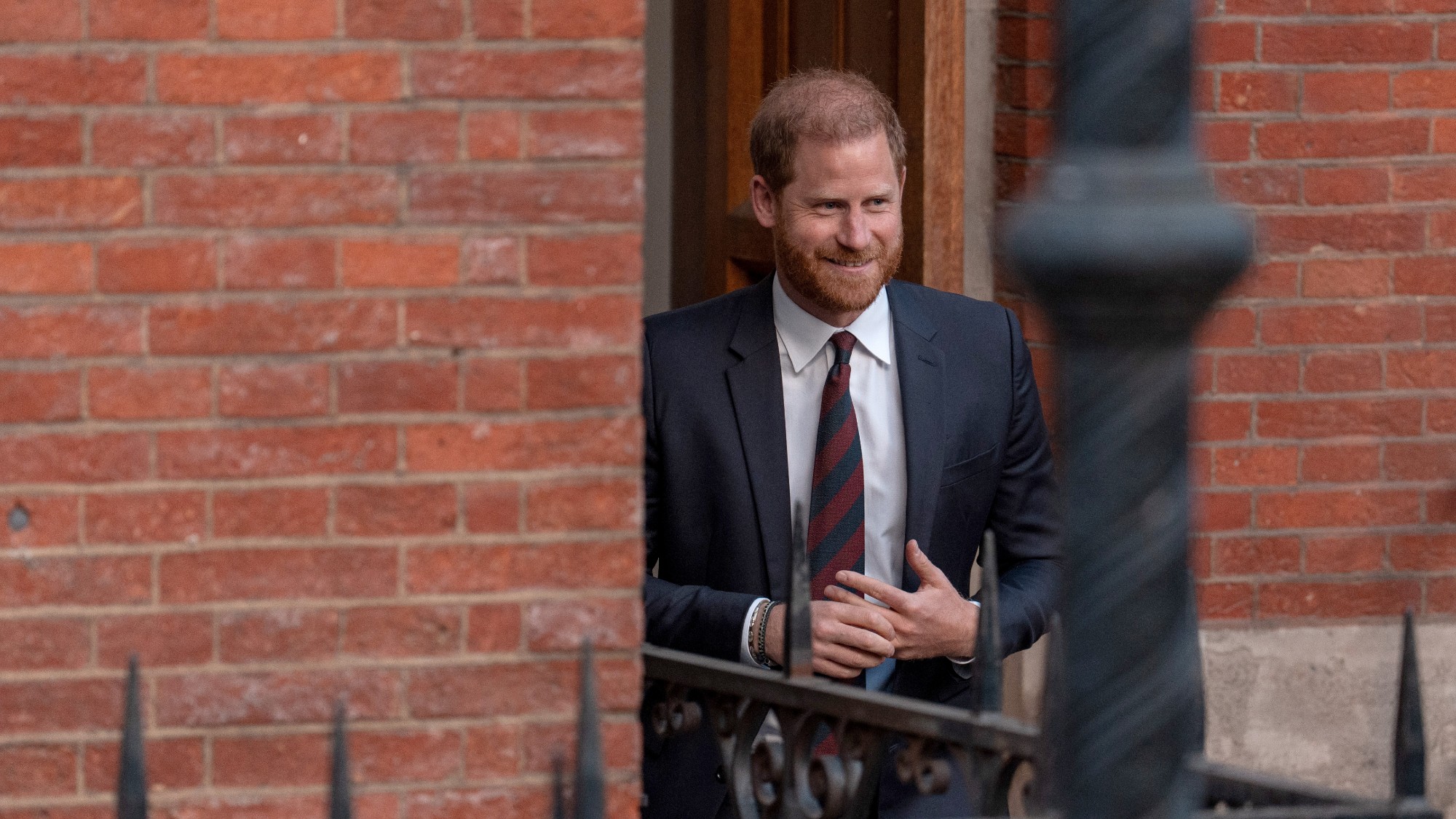Unraveling the Debate: Should Prince Harry Receive Enhanced Protection?
The Duke of Sussex, Prince Harry, has reignited a heated debate over whether he should be granted enhanced security while visiting the UK. Since stepping back from royal duties in 2020, his legal battles for taxpayer-funded protection have raised questions about the balance between personal safety and public responsibility. The issue, now in the courts, reflects broader tensions over privilege, privacy, and the evolving role of the monarchy.
The Legal and Security Landscape
Prince Harry’s security arrangements became a contentious topic after the Home Office downgraded his protection in February 2020, following his move to the U.S. The Executive Committee for the Protection of Royalty and Public Figures (RAVEC) deemed his “private citizen” status insufficient for automatic state-funded security. However, Harry argues that his royal lineage and high-profile activism make him a persistent target.
A 2023 report by the National Counterterrorism Security Office noted a 27% increase in credible threats against the royal family since 2018. “While Prince Harry is no longer a working royal, his global visibility and family ties create unique risks,” said security expert Eleanor Whitmore. “The calculus isn’t just about title—it’s about threat assessment.”
Perspectives on Privilege and Public Funding
Critics argue that taxpayer money shouldn’t cover private individuals, even former royals. A YouGov poll revealed 62% of Britons oppose funding Harry’s security. “The principle is clear: if you leave the Firm, you leave the perks,” remarked constitutional historian Dr. Ian Caldwell. “Otherwise, it sets a precedent for selective entitlement.”
Conversely, supporters highlight Harry’s lifelong exposure to threats, including intrusive paparazzi and extremist groups. In 2021, he cited the “dangers faced by my mother” as a key concern. The Metropolitan Police spends approximately £5 million annually on royal security, though Harry’s proposed arrangement would cost an additional £750,000 per year.
- Pro-Protection Argument: Royal lineage inherently attracts risk, warranting state responsibility.
- Anti-Protection Argument: Private citizens, regardless of background, must arrange their own security.
Comparative Cases and Global Precedents
Other nations offer mixed models. In the Netherlands, retired royals receive limited protection for a transitional period. Canada, where Harry resided temporarily, provides no automatic security for non-working members of foreign monarchies. The U.S., where he now lives, assigns Secret Service details only to current officials—a contrast to his private-funded team in California.
Harry’s legal team has pointed to the 1997 Paris tunnel crash as a cautionary tale. Yet RAVEC maintains that its decisions are “risk-based, not reputation-based.” A 2022 Freedom of Information request revealed that Harry’s threat level was classified as “moderate,” lower than senior working royals but higher than minor aristocracy.
The Road Ahead: Legal Battles and Public Perception
The High Court is expected to rule on Harry’s judicial review later this year. A victory could force RAVEC to reconsider his status, while a loss may cement the UK’s stance on self-funded security. Meanwhile, Prince Harry’s memoir and Netflix docuseries have further polarized public opinion, framing the debate as both a safety issue and a symbolic reckoning with royal privilege.
As threats evolve—from cyberstalking to drone intrusions—the discussion may prompt broader reforms. “This isn’t just about Harry,” noted Whitmore. “It’s about how nations protect high-risk individuals in an increasingly volatile world.”
Conclusion: Balancing Rights and Realities
The Duke’s predicament underscores the clash between personal vulnerability and public accountability. Whether through legal channels or private measures, the outcome will shape protocols for future royals navigating life outside the institution. For now, the world watches as courts weigh precedent against peril.
What’s your take? Should former royals retain state protection, or is it time to cut the cord? Share your thoughts below.
See more The Buzz Live

